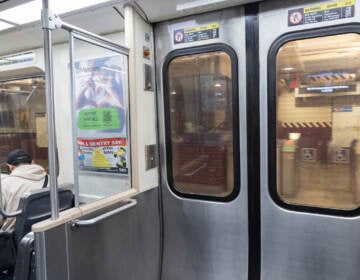‘New Urbanism:’ Still a matter of city vs. suburbs?
Regular NPR listeners and fans of American Public Radio’s “Marketplace” program might have heard its Dec. 30 morning broadcast, which contained a story on New Urbanism – particularly housing developments within that rubric. Under that umbrella, New Urbanism is being construed as a sign of recovery for the devastated market for new homes.
But with new development comes an old conundrum: city mouse or country mouse? Urban enclave or suburbs?
“What’s a U.S. homebuyer to do?” reporter Alan Allington asks. “You’re nervous about buying in a city, with its old infrastructure, messy politics and complex social issues, but you’re not that jazzed about the idea of cul du sac living either.”
New Urbanism is a third option, Allington says – “compact, walkable communities, with a mix of houses, apartments and stores.” Of one such community 30 miles west of St. Louis, he quipped, “Think California bungalows and French Quarter chic, throw in a general store and a few shops.”
There’s an interesting bit about custom-built 600-square-foot homes at that development, a welcome relief from cookie-cutter McMansion building.
But is building on the edge of cities simply “better sprawl”?
One architect asks, “Should we not be concentrating our energies on making our inner cities more livable and solving these tough issues that we have?”
Well, we all know the answer to that one, right? It was nice to hear the question posed on a respected national program. But listening, I was thinking, “Is ‘New Urbanism’ a misnomer? Should it be simply ‘Urbanism?’ Is what I’m searching for ‘Infill Development’?” And if that is indeed what we’re talking about, is that the best name we can come up with?
As we know from dry terms like “infrastructure,” words and labels matter.
Here again is the link with the text: http://marketplace.publicradio.org/display/web/2009/12/30/am-new-urbanism/
Happy 2010, folks.
– Posted by Thomas J. Walsh
WHYY is your source for fact-based, in-depth journalism and information. As a nonprofit organization, we rely on financial support from readers like you. Please give today.






